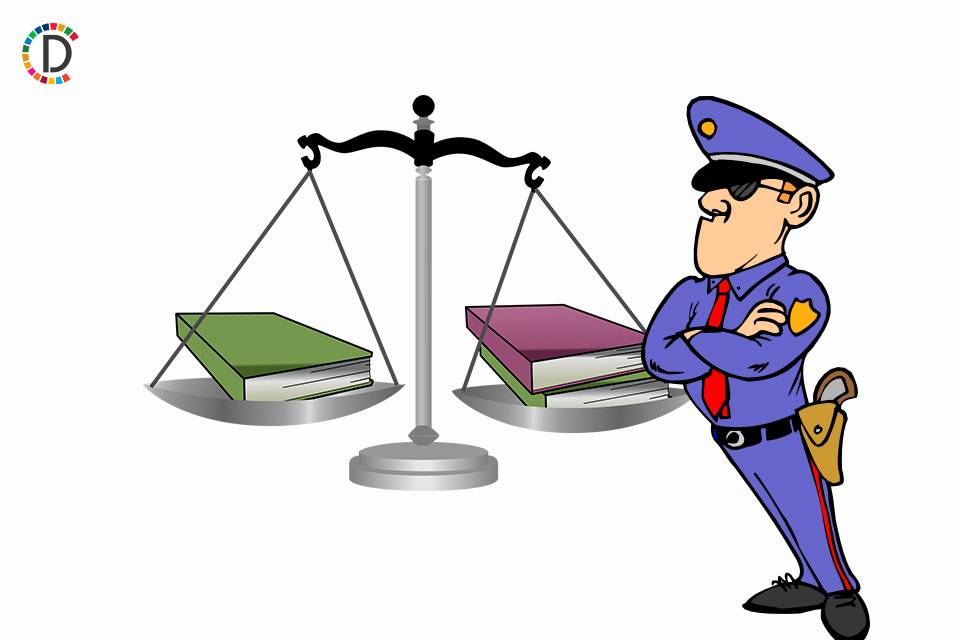FACTBOX-National security trial of Hong Kong media tycoon Jimmy Lai: what's happened so far
One count of collusion said Lai had links to a group the prosecution named as "Stand With Hong Kong Fight For Freedom" (SWHK), which it said lobbied countries for sanctions on China and Hong Kong. Mark Simon, Lai's aide and a U.S. citizen, executed his instructions and vetted requests for financial support, according to prosecutors.

Hong Kong media tycoon and pro-democracy advocate Jimmy Lai is on trial, accused of endangering China's national security. Lai, 76, has pleaded not guilty to two charges of conspiracy to collude with foreign forces - which carry a possible life sentence - and a lesser charge of conspiracy to publish seditious material.
Around four months into the high-profile trial that began on Dec. 18, the prosecution has laid out its case of Lai's alleged collusion with foreign forces, which it says included meetings with U.S. officials in Washington during the presidency of Donald Trump. Lai was first arrested under the national security law in August 2020, and has spent much of the time since in prison.
WHY DOES IT MATTER? The trial is widely seen as a landmark national security case after Beijing imposed sweeping security laws on the financial hub in 2020 following months of pro-democracy protests in 2019.
Lai, a longstanding critic of the Chinese Communist Party, is the highest-profile figure to face prosecution under the law. Diplomats are actively observing the court hearings in person with this case seen as a key test for Hong Kong's judicial independence and freedoms. Hong Kong's former colonial ruler Britain and the United States have called for Lai's immediate release, saying the case is politically motivated. Hong Kong officials say Lai will receive a fair trial.
WHAT IS THE PROSECUTION'S CASE? Prosecutor Anthony Chau described Lai as a "radical" and alleged he was at the centre of conspiracies to collude with foreign forces and publish seditious material in the Apple Daily newspaper he founded.
Chau alleged that Lai used "the guise of fighting for freedom and democracy" to request that foreign countries, in particular the United States, impose sanctions or engage in other hostile activities against Hong Kong and China. The court heard that one example of Lai's alleged collusion was a meeting he held with Trump's Vice President Mike Pence and Secretary of State Mike Pompeo in July 2019 to discuss an extradition bill proposed by the Hong Kong government.
The bill would have allowed people in Hong Kong to be sent to mainland China to face trial in courts controlled by the Communist Party. It sparked mass pro-democracy protests in Hong Kong and was withdrawn. WHO IS THE PROSECUTION LINKING WITH LAI?
The prosecution listed agents and intermediaries of Lai, including former U.S. Deputy Defense Secretary Paul Wolfowitz, former U.S. Consul General to Hong Kong James Cunningham, and founder of the Hong Kong Watch rights group Benedict Rogers. Commenting from outside Hong Kong, Cunningham and Rogers said Lai's interactions were normal, legal activity. Prosecutors also said they had identified a syndicate led by Lai, which they said included activists, his aide, rights campaigners, a Japanese congresswoman and a U.S. financier. The prosecution case says these people contacted the U.S., Britain, New Zealand, Australia, Japan, Czech Republic, Portugal and Ireland to impose sanctions or take other hostile actions against Hong Kong and China.
Prosecutors described Lai as "the mastermind and financial supporter at the highest level command of the syndicate". One count of collusion said Lai had links to a group the prosecution named as "Stand With Hong Kong Fight For Freedom" (SWHK), which it said lobbied countries for sanctions on China and Hong Kong.
Mark Simon, Lai's aide and a U.S. citizen, executed his instructions and vetted requests for financial support, according to prosecutors. But Andy Li, a key prosecution witness linked to SWHK, who had been jailed for 7 months in a Chinese prison before the trial, said under cross examination on April 10 that he had never met nor contacted Lai, and had "never" received money from Lai nor from entities he believed were associated with Lai.
Li said two companies had helped give advance payments for a campaign in 2019 to buy advertisements in major international newspapers that called on G20 nations to "stand with" Hong Kong's pro-democracy movement. The prosecution had earlier alleged the two companies belonged to Lai. Prosecutors also accused Lai of using Apple Daily as a platform to conspire with three of its subsidiaries, six former executives linked to the newspaper, and staff members Mark Simon, Nick Cheung and Simon Lee and others to collude with foreign forces.
Cheung Kim-hung, the former CEO of Apple Daily's parent company Next Digital, told the court he had been instructed by Lai to call people to join protests in 2019, and to draw the attention of Western democracies. He denied being asked by the police to become a prosecution witness while remanded in custody.
(This story has not been edited by Devdiscourse staff and is auto-generated from a syndicated feed.)
ALSO READ
U.S. Coast Guard Pursues Sanctioned Venezuelan Oil Tanker
U.S. Coast Guard's High-Stakes Pursuit of Sanctioned Oil Tanker Escalates Tensions
U.S. Coast Guard Escalates Pursuit of Sanctioned Oil Tankers
High Seas Tension: U.S. Coast Guard Targets Venezuela's Sanctioned Oil Tankers
High Seas Tensions as U.S. Coast Guard Targets Venezuelan Oil Tanker










